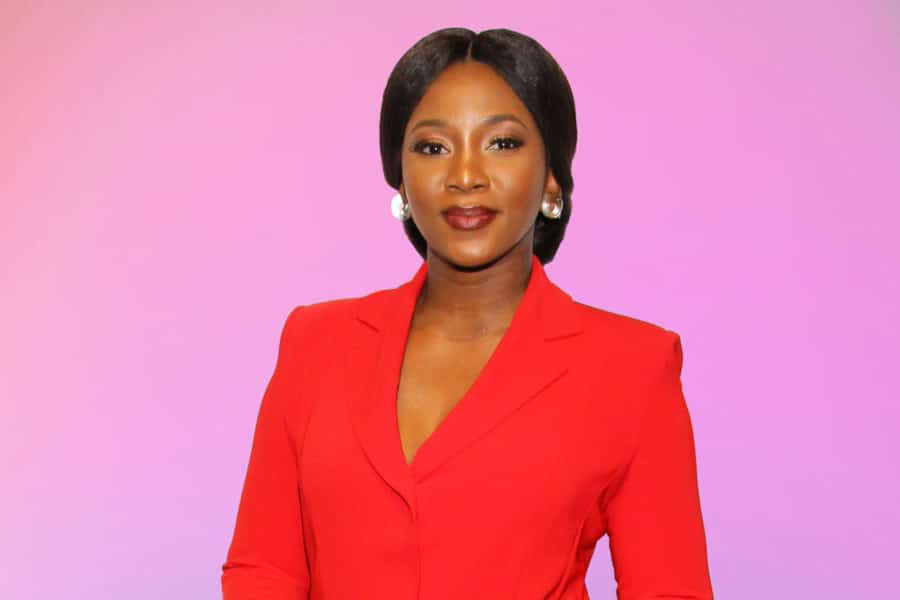Entertainment: Jokes Etc, TV/Movies, Music/Radio, Celebrities, Fashion, Events, Sports, Gaming, Forum Games, Literature
Science/Technology: Programming, Webmasters, Computers, Phones, Art, Graphics & Video, Technology Market


Nigerian star and film director Genevieve Nnaji has already shown that she is a force to be reckoned with, so the disqualification of her Netflix film from the Oscars is unlikely to frustrate her ambitions.
In fact the rejection of Lionheart earlier this month from the Academy's best international feature film category may well act as a springboard for her future success.
The 40-year-old has starred in more than 80 films over the last two decades and her rise to prominence coincided with the exponential growth of Nollywood, as the Nigerian film industry is called, across Africa.
Yet she suffered a major setback in 2004 when she was blacklisted by a powerful cartel of film studios in Nigeria, along with several other A-list actors.
These film studios, operating out of Nigeria's commercial hub Lagos and Onitsha in the south-east state of Anambra, largely bankrolled Nollywood in the 1990s and early 2000s.
They gave funds to producers and told them who to hire, says BBC Igbo reporter Vining Ogu, who used to be a film producer based in the southern city of Asaba.
"At some point, the studios felt these A-list stars were collecting too much money and felt they were being held to ransom," he said.
"At its height, one actor collected 10m naira [$28,000; £21,000] in the early 2000s in cash, which was a lot of money."
With no producer brave enough to go against the studios, Nnanji found herself out of a job - so she decided to move into music, releasing an album called One Logologo Line.
Her one and only album, it is best remembered for the track No More, a love song with lyrics that could be seen as metaphor for the rest of her career: "No more crying oh, No more fighting oh, No more tears oh, I got my freedom, power and more."
creenwriter and director Ishaya Bako traces her rise to the top and the birth of independent producers in Nigeria to that ban.
"The studios thing happening, there was some bad in it, but a lot of good came out of it," says Bako, who worked with Nnaji on the Road to Yesterday in 2015 - when she made her debut as a producer.
"It made her realise there could be life behind the camera," he said.
From there as a producer she had more power over what type of films she appeared in and what roles she played.
She started acting as an eight-year-old, starring in the popular TV soap Ripples.
Her Nollywood career really took off when she was 19 in Most Wanted, when she played one of four daredevil female armed robbers masquerading as men.
Film director Adim Williams say he takes some credit for "her rise to fame" when he cast her in his 2002 film Sharon Stone - not a biopic of the US actress - in which she played a flirtatious woman.
"In her rising days she was called Sharon Stone and I wrote and directed the movie, which was a massive hit and became sort of her identity," he said.
He describes Nnaji as "very intelligent" and said she looked like she "was prepared for stardom" the first time he met her.
Nduka Orjinmo, BBC NEWS
By: Bukola